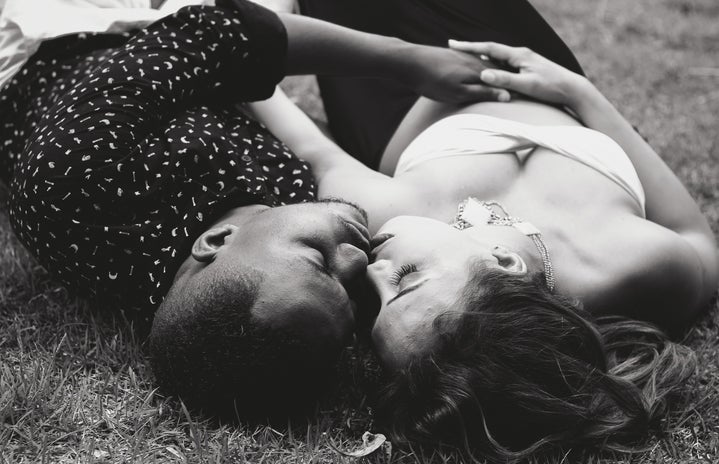The first part of a relationship is new and exciting, as you’re still getting to know new aspects of one another. Once you’re a bit more settled, you start to know each other quite well, there are less surprises, and you can develop the bond into a deep friendship. It’s very comforting to know that there is someone out there who you can always count on. It’s also no surprise that many people about to tie the knot talk about “marrying their best friend” — that’s really what it feels like, when you’ve spent most days with your partner for the past years, when you feel you know them inside and out, their likes and dislikes, their habits and ways of being.
In my case, even though I am very close to my family and old friends, my partner became my go-to person about most things and very often the first-one-to-hear about anything big in my life. The rock that I can lean on, my biggest fan, et cetera. Basically it fit most lines you’d hear in cheesy romantic Hollywood wedding scenes.
But dating vs. living together under the same roof are quite different. For one thing, living together you have access to new data about your partner, which is more than what you see when you go out or when you have sleepovers. This includes the daily grind, such as studying or working, dealing with housework… But when living together, it also becomes more difficult — and frankly unhealthy — to hide any of your reactions or habits about your lives. This includes quirks like chewing nails or watching guilty-pleasure TV shows, but also the more sensitive stuff. Stress, anxiety, future plans, financial worries have to emerge so that you both can be honest and accepting about these things and tackle them together if you want to stay together for the long run.
Even if things are running smoothly, some questions should just be discussed before settling down any further: first off, do you agree on what you’re looking for in the relationship — something temporary, or something long-term such as marriage? This can save a some heartbreak in the long run. On the other hand, if you’re going for the long haul, what are your long term goals?
Brides magazine lists eight important questions to ask your partner: for example, what marriage means to you, do you want children and other future plans, both with career and passion projects. If you have any plans of sticking together, they have to be addressed eventually and can ultimately strengthen your relationship. However, these questions can be tough and maybe not feel that relevant, especially if you are still figuring things out in your own life: the point is thus not to have answers for everything but to have an open discussion, know where you stand and maybe find answers together. If your life-goals are just too different, or if you or any of your loved-ones have noticed any red-flags, rethink your situation. Some things can be negotiated, but not everything, and you are always worth true happiness! Don’t fall for the Sunk Cost Fallacy either: even if you’ve spent two, or five, or ten years with someone, you are still allowed to let go now.
When my SO proposed, I felt way too young to get married. I was in my mid 20s, so I wasn’t even that young and several of my peers were already married. But I had to have a good think about what I wanted, why I would or would not want to get married, and where I would like to see Us go in the upcoming years and decades.

One night we were talking about how the way we felt about each other had changed… how the feeling of intense moments of realizations of love had become infrequent. Were we still in love? After a long discussion and some tears, we realized that yes, we were still in love, it was just a different kind of love than either one of us had felt before: a caring, warm love that would keep going.

